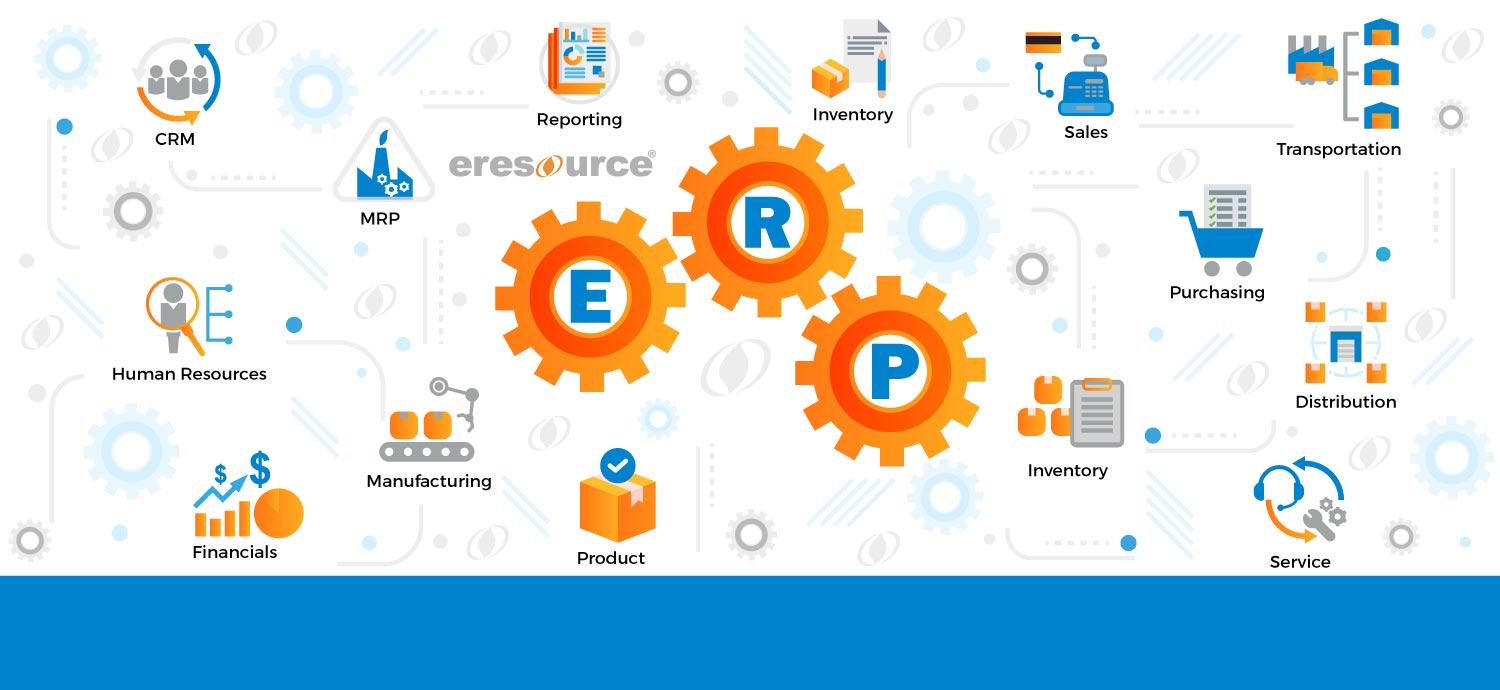In the current company environment, having streamlined business processes, centralized management, quick decision-making, and precise analytics have become crucial. Many organizations are increasingly implementing clever ERP software or enterprise resource planning to satisfy this demand. While each sector has its justifications for adopting an appropriate ERP system, the pharmaceutical industry has particular needs.
How is the pharmaceutical ERP helpful?
Due to intense market competition and the implementation of strict production rules, the pharmaceutical business has undergone significant changes in recent years. The fact that businesses now have to deal with informed customers makes it essential for them to uphold the highest quality standards throughout all procedures. The entry of international firms into the pharmaceutical industry has also increased the demand for better-coordinated production procedures that enable speedier production while still adhering to all legal requirements.
Businesses are increasingly driven by the shifting market conditions to adopt reliable ERP systems that combine and automate all essential operations. Pharmaceutical industry ERP software not only enables the consolidation and integration of pharmaceutical manufacturing processes across various units but also aids businesses in maintaining a close eye on sensitive tasks such as expiry management, compliance, quality, formulation, yield, costing, and more.
A system that promptly outputs correct, usable information is crucial in a sector that is highly dynamic but adheres to strict compliance standards. The correct ERP for pharmaceutical sector, like the eresource Bpro software, may streamline their procurement procedures and cut down on production and delivery times. They benefit from having a thorough understanding of payments and the entire supply chain, which aids in managing all funds.

Benefits of ERP Software in Pharmaceutical Manufacturing
The advantages of ERP software for pharmaceutical following:
- ERP for the pharmaceutical industry guarantee complete adherence to strict rules.
- Deliver safer, higher-quality products at the correct time and pricing to eliminate risk.
- bring innovative items to market more quickly and affordably than rivals
- Real-time batch monitoring for the best possible business judgments
- Formula secrecy is preserved thanks to eresource pharmaceutical ERP software.
- Quickly satisfy consumer requests
- Streamline operational processes to increase earnings.
- Improve the standard, reliability, and timeliness of drug delivery
- Reduce expenses through improved resource utilization, inventory control, and decreased waste.
- Pharma’s end-to-end bi-directional traceability is provided by ERP software from the raw material to the completed well.
Reasons why pharmaceutical companies need an ERP system
Let’s examine how an ERP system might help distributors and makers of pharmaceuticals:
- Meeting the requirements of the law.
By guaranteeing compliance with legal mandates like FDA 21 CFR, GMP standards for quality assurance, and quality management and validation methods, an ERP system can help your company expand internationally and provide a competitive edge. Pharmaceutical industry-specific software, or eresource Bpro ERP, merges formulation management with regulatory requirements to produce a profitable business model that complies with all industry standards and governmental regulations.
- Management of Materials and Inventory
The eresource Bpro ERP includes modules for managing material wastage and keeping track of inventory levels. The module establishes objectives, develops triggers for replenishment and purchase, monitors material usage scientifically, reconciles inventory balances, and promptly provides inventory status reports.
- Management of Sales and Marketing
Contract management and sales order processing can be done promptly using an ERP system. Aligning your marketing and sales efforts is beneficial. It can be used to keep track of client information and history, generate precise quotes, convert data into sales orders automatically, develop automated marketing workflows, and carry out advertising campaigns that increase ROI.
- Distribution Control
The batch and lot tracking module of eresource Bpro ERP is an additional helpful function. This assists in keeping track of batches from the time of the material request till the time of the in-progress quality check (IPQC). It enables producers to keep an eye on a batch or lot.
- Recipe Management
This is yet another crucial step in any manufacturing sector, particularly in the pharmaceutical sector. Due to the immense competition in the pharma sector, medicine manufacturers attempt to reduce prices. To regulate the cost and efficacy of the treatment, the formulation of the ingredients is crucial. An ERP system aids in controlling costs.
- Control and management of documents
Due to the pharmaceutical industry’s need for statutory vigilance and compliance, document management is essential. For audit checks and future analysis, it is crucial to record all historical information from every process and relevant documentation. The eresource Bpro ERP system, for instance, allows for the centralization and remote access of laboratory data.
Conclusion
Customers today are more knowledgeable, watchful, and demanding, which keeps players on their toes. Fortunately, it is now possible if businesses combine an ERP solution with their system. Pharma firms may respond to the difficulties of a dynamic situation and have a streamlined workflow, data-backed analytics, centralized management, and flexible decision-making using eresource Bpro ERP for the pharmaceutical industry.
Categories
Register for Free Demo!
Recent Post
-

eresource ERP 360 - an
11th Apr 2019 -

A competitive ERP system for
17th Apr 2019 -

Auto components manufacturing industry has
17th Apr 2019 -

Make the best use of
17th Apr 2019






